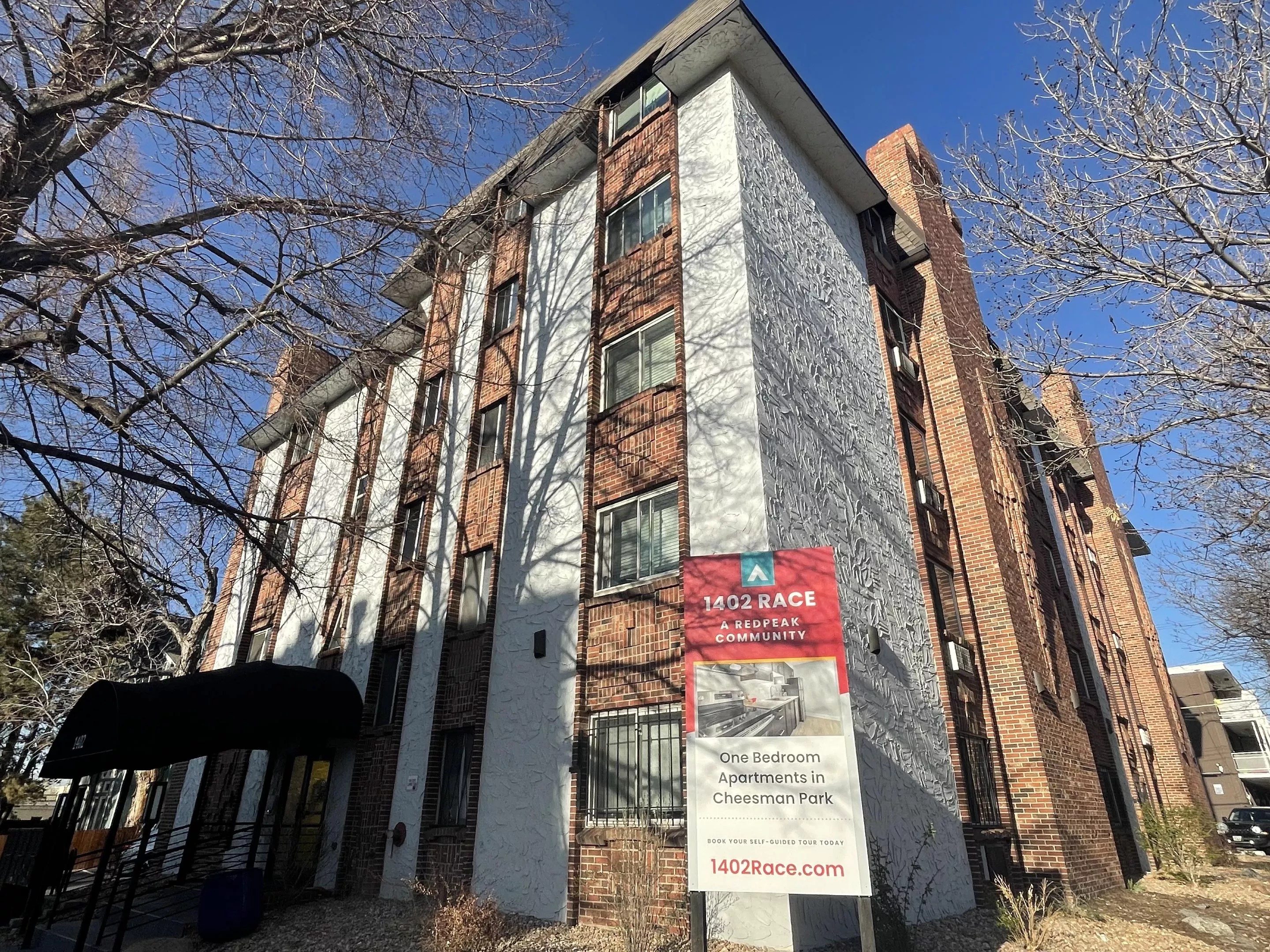
Catie Cheshire

Audio By Carbonatix
In the first three months of the year, Denver’s Temporary Rental & Utility Assistance (TRUA) program has already received more applications than its budget can approve.
Over 7,400 people have applied for the program, which has a $29.1 million budget this year after Denver City Council pushed Mayor Mike Johnston to up the amount from the $12.6 million he’d proposed. Around $5.1 million had been disbursed to 645 households as of April 1, according to Melissa Thate, Denver’s housing stability director.
To qualify for the city rental assistance program, renters must make less than 80 percent of the area median income, which is $69,520 for single households, and experience an unexpected financial or housing crisis.
“We’re very grateful for city council and the mayor’s office for providing those funds for this important, important program,” Thate says. “With that said, we anticipate being able to serve approximately 4,000 households total with that amount of funding, so we’ve already received more applications than we have resources to fund.”
The program isn’t closing applications, but employees are working to ensure that those who receive assistance are those most in need of immediate help. To that end, on March 1 TRUA was adjusted to only accept applications from those who have received a court summons, writ of restitution or eviction notice from the Denver Sheriff Department; have received a utility disconnection notice; or had to move out of their previous home within the last ninety days and have secured a new rental unit in Denver for move-in within the next two weeks.
“It’s more geared toward those that we are most likely to be able to process at this time,” Thate explains. “Residents who may not meet the criteria can be reaching out to other resources or finding potentially other ways to pay their rent and utilities while we’re processing those most urgent cases.”
The program can provide up to six months of rental assistance in a calendar year, with the total amount of assistance generally covering entire rent payments but determined on a case-by-case basis. Utility assistance once every twelve months and one-time relocation assistance in the form of security deposit, first month’s rent and application fees are also program benefits.
So far in 2024, 611 households have received TRUA rental assistance, 26 have received relocation assistance and 164 have received utility help. Some people received both rent and utility assistance.
Denver Evictions on the Rise
Thate says 2023’s high eviction numbers – there were almost 13,000 filed in Denver County Court last year – prepared her for a high need going into 2024, but she’s still surprised.
“This year we’re also seeing really high numbers with eviction filings,” she says. “Certainly, there is a need for rental assistance, and we knew that would be the case. I don’t think we necessarily thought we would see this level of applications.”
Nearly 4,000 evictions were filed during the first three months of 2024, a 20 percent increase compared to the same time in 2023. At the state legislature, lawmakers just passed a bill that requires cause for evictions in an attempt to curb evictions in the state and keep people housed.
Increasing rental prices are another contributing factor to the higher need for help, Thate says.
“What we’ve seen over the years is rent prices increasing at a much more substantial rate than wage increases,” she says. “It is really difficult to afford rent in Denver, and so that is why we continue to see the growing need for programs like rent and utility assistance.”
A report from the National Low-income Housing Coalition found people must make $32.13 per hour to afford a two-bedroom rental home in Denver. For someone making minimum wage, that would be 96 hours of work every week.
A 2024 rental study by Harvard found that over 50 percent of people in Colorado spend 30 to 50 percent of their income on rent and are considered cost-burdened. Another 24.7 percent of Coloradans are severely cost-burdened, spending more than 50 percent of their income on rent.
Additionally, most pandemic-era rental assistance dollars from the federal government ended last year, so more people may be looking to TRUA as a resource than in recent years. There are still options available for help, however.
“It’s certainly not every metro area in the nation that’s offering rent assistance like we are here,” Denver Department of Housing Stability spokesperson Derek Woodbury says. “The need is great everywhere, and we’re fortunate to have these funds.”
Denver Human Services has a limited emergency assistance program to help with Xcel bills outside of the winter months when the state’s Low-Income Energy Assistance Program kicks in. The department can also assist with one-time rent or mortgage payments and deposits or first-month rent for households making less than certain monthly income thresholds.
The Colorado Division of Housing has a Temporary Rental Assistance Grant program opening up for pre-applications on April 15. It is designed for those who make less than 80 percent of their area median income and are at risk of eviction or displacement, or have experienced a substantial life event such as domestic abuse, a health-care incident or a loss of income.
That program is in addition to the state Department of Local Affairs’ Emergency Rental Assistance program for those facing eviction.